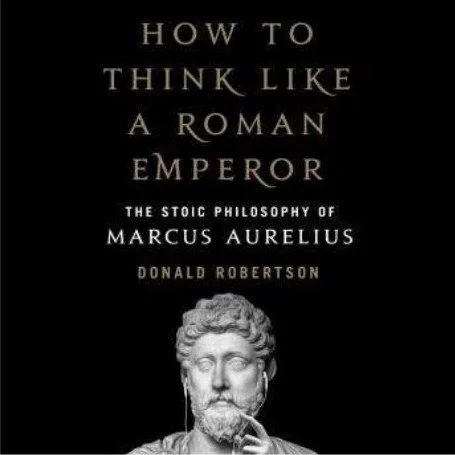MASTER SHI HENG YI
/35th Generation of Shaolin Masters
Headmaster of the Shaolin Temple Europe
Just getting to know what is Buddhism, which is the foundation of every monastery. The Shaolin Temple is in the core, first of all, it’s a Buddhist monastery and when you are starting to read about Buddhism, one of the key sentences, in the beginning, is: With your thoughts, you are creating the world…So it’s very rarely clearly stated that it is the thoughts that are creating the world. Nevertheless, if you are now looking at the practices that the Shaolin Temple offers, that is quite physical. There is a lot of physicality in there, so you might think but why are you saying with thoughts you create the world, but you have so many different physical activities. It is because if you want to have mental freedom. If you want to approach freedom, you cannot just approach freedom by doing things or trying to chase freedom. The freedom that we are looking for is the type of freedom that is derived and that is very closely related to its counterpart, which is very hard restriction or very hard structure. So if you want to experience what freedom is, look at the restrictions of your life.














